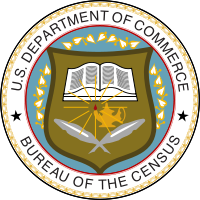 New data from the U.S. Census Bureau shows that 83.6 percent of the non-Hispanic White population in the United States has internet access in their home. For Black Americans, the figure is 68 percent.
New data from the U.S. Census Bureau shows that 83.6 percent of the non-Hispanic White population in the United States has internet access in their home. For Black Americans, the figure is 68 percent.
For those with internet access in the home, 76.1 percent of non-Hispanic Whites had broadband internet access compared to 60.1 percent of Blacks. Broadband allows for faster and more efficient use of internet resources.
Just over 21 percent of White Americans reported that they did not use the internet at home. For Black Americans, the figure was 38.1 percent.
Earlier this year, the Pew Research Center issued a study that showed that the “digital divide” in internet access between Blacks and Whites is mostly due to economic factors rather than race. For Blacks and Whites of the same income level, the digital divide in internet access disappears, according to the Pew Research Center study.








